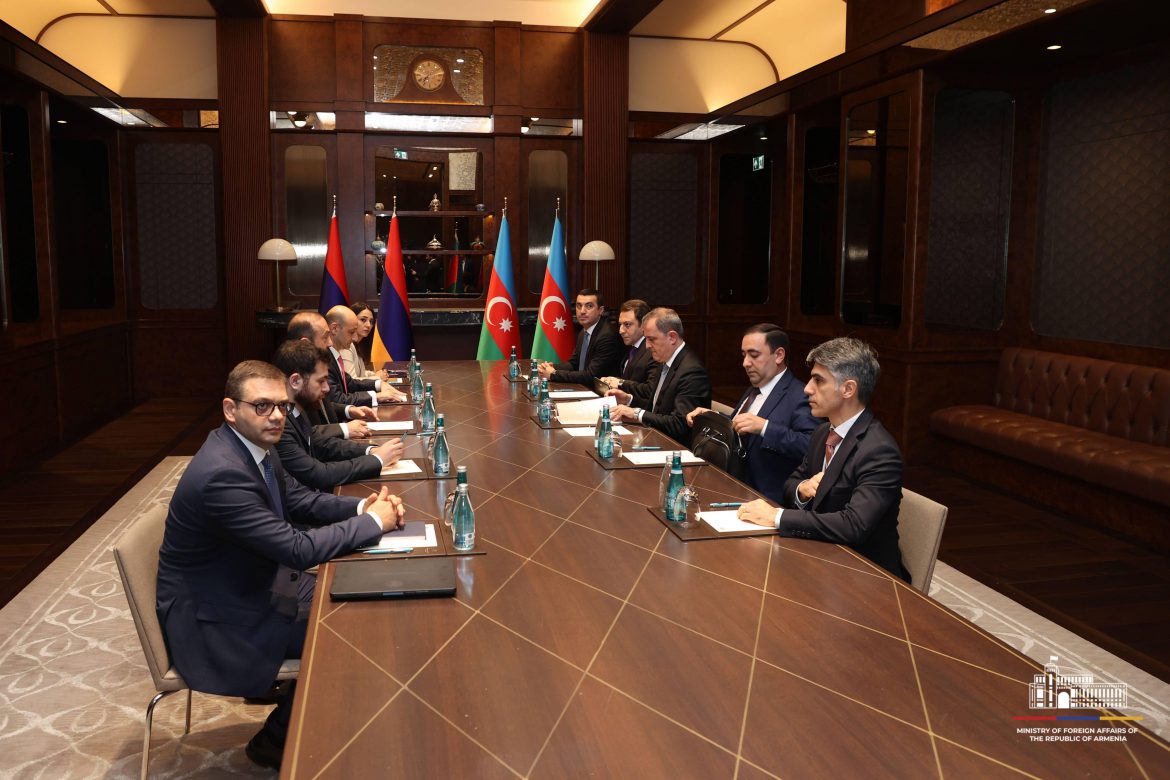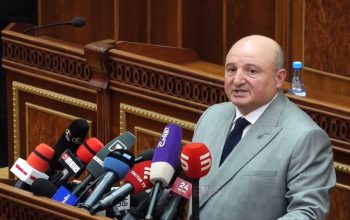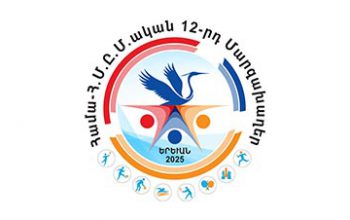The latest meeting of the 3+3 platform, a regional cooperation initiative involving Armenia, Azerbaijan, Georgia, Turkey, Russia, and Iran, took place in Istanbul, focusing on fostering dialogue and cooperation among South Caucasus nations and regional powers. The gathering culminated in a joint declaration underscoring the importance of dialogue, sovereignty, territorial integrity, non-interference, and human rights.
The 3+3 platform was launched in 2020 after the Nagorno-Karabakh conflict, driven by Azerbaijan and Turkey. It aims to bring together Armenia, Azerbaijan, and Georgia with their larger neighbors—Russia, Turkey, and Iran—to address regional challenges, promote peace, and boost economic cooperation. While still evolving, the initiative highlights the region’s growing reliance on multilateral diplomacy to address long-standing conflicts.
A key topic at the Istanbul summit was the unresolved Armenia-Azerbaijan conflict. Russia, Turkey, and Iran pushed for the 3+3 platform to facilitate a final peace agreement between the two nations. Russian Foreign Minister Sergey Lavrov emphasized that prior negotiations had laid the groundwork for resolving disputes, including border issues and reopening trade routes. However, Armenia’s stance toward Russian mediation remained ambiguous, as Yerevan increasingly favors direct negotiations with Baku.
Prime Minister Nikol Pashinyan has faced domestic backlash for engaging with Azerbaijan without Russian involvement, with critics arguing that this strategy could result in concessions benefiting Baku. At the meeting, Armenian Foreign Minister Ararat Mirzoyan avoided direct discussion of the peace talks and focused on transport links, emphasizing the importance of sovereignty and reciprocity.
Despite Armenia’s hesitance regarding Russian mediation, Turkey and Russia continue to advocate for a peaceful resolution. Lavrov also noted Armenia’s efforts to normalize relations with Turkey, though progress has stalled since 2022 despite initial agreements to open borders.
Georgia once again declined to participate in the 3+3 meeting, citing its ongoing tensions with Russia over occupied territories. Tbilisi’s absence limits the platform’s potential, although Russia reiterated that the “door remains open” for Georgia to join.
Iranian Foreign Minister Abbas Araghchi and Turkish Foreign Minister Hakan Fidan both stressed the importance of diplomacy in resolving regional conflicts, with Turkey reiterating its support for peace between Armenia and Azerbaijan. President Recep Tayyip Erdoğan, who hosted the meeting, highlighted Turkey’s commitment to fostering stronger regional ties.
The success of the 3+3 platform hinges on the ability of its members to navigate complex relationships, particularly between Armenia and Azerbaijan. Georgia’s refusal to participate also challenges the platform’s scope. While the joint declaration from the Istanbul meeting is a positive step toward dialogue and cooperation, achieving long-term stability in the South Caucasus remains a difficult task, requiring continued diplomatic engagement.




